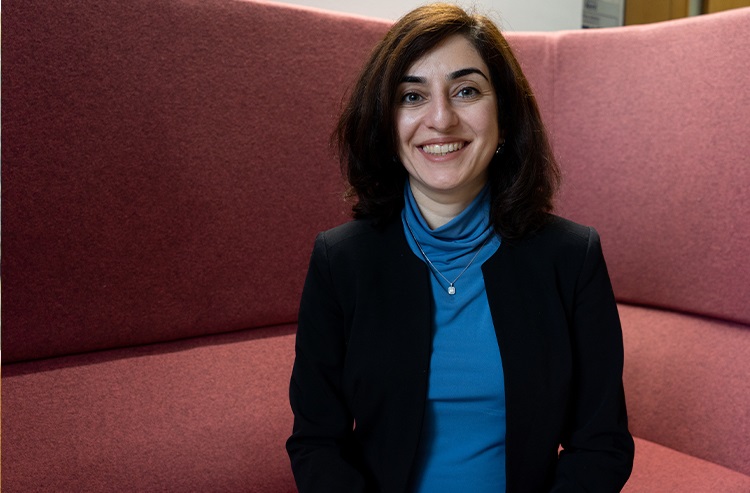By the time, you read this text, probably 60 new people left their homes to seek asylum and safety. According to the UK refugee council last year 65 thousand individuals made asylum applications in the UK and 109 thousand people are now waiting for a decision.
Global migration is one of the key trends of our time and understanding the economic, cultural, and political impact of the migration is of grave importance. One of these questions is how to integrate migrants into their host countries.
Refugees are often considered a part of a larger group of immigrants; however, it is important to discern refugees from the rest of the group. Other types of migrants are mainly economically motivated to migrate, while the refugees are displaced by force and fear of war and prosecution.
Economically driven immigrants fall under the selection system of their host countries where their educational attainment and work experience impact the success of their immigration applications. Refugees, until they are granted this status, fall under international laws; their case is evaluated on the basis of urgency, not their human capital. Refugees did not prepare themselves for the migration. This difference warrants a discerned attention to the career of refugees.
Compared to other immigrants, refugees have less extensive social networks in host countries with restricted access to the social networks of their country of origin. They did not prepare themselves for immigration; therefore, remain unprepared for wage employment in the host country. Therefore, self-employment and entrepreneurship are ways of “making it” and assimilating with their new “homes”.
Refugee’s entrepreneurial endeavour is not easy. Compared to other immigrants, they often face a higher level of language barriers and it’s likely they could not transfer their financial assets before leaving their home country. On top of this, their educations and work experiences were not accredited before their arrivals, and they have most likely lost contact with the market and knowledge of their host countries.
Despite these heavy loads, refugee immigrants contribute to the economic well-being of their host countries, while reclaiming their life journeys and generating income.
While the businesses of refugees, like other immigrants, in general, remain small, from time to time, we read stories such as Tareq Hadhad, who founded Peace by Chocolate in Nova Scotia after fleeing war in the Middle East. His business flourished while supporting peace-building projects globally.
Success stories like these help us to think about the mechanism that can support refugees in the long term, moving away from the view of “aid recipients” to independent, responsible, and resilient individuals. This starts with the recognition of their unique characteristics.
Dr Anoosheh Rostamkalaei’s research spans entrepreneurial finance and inclusive entrepreneurship. She is particularly concerned with the mechanisms through which entrepreneurship could lead to more social inclusion or exacerbate inequality.

